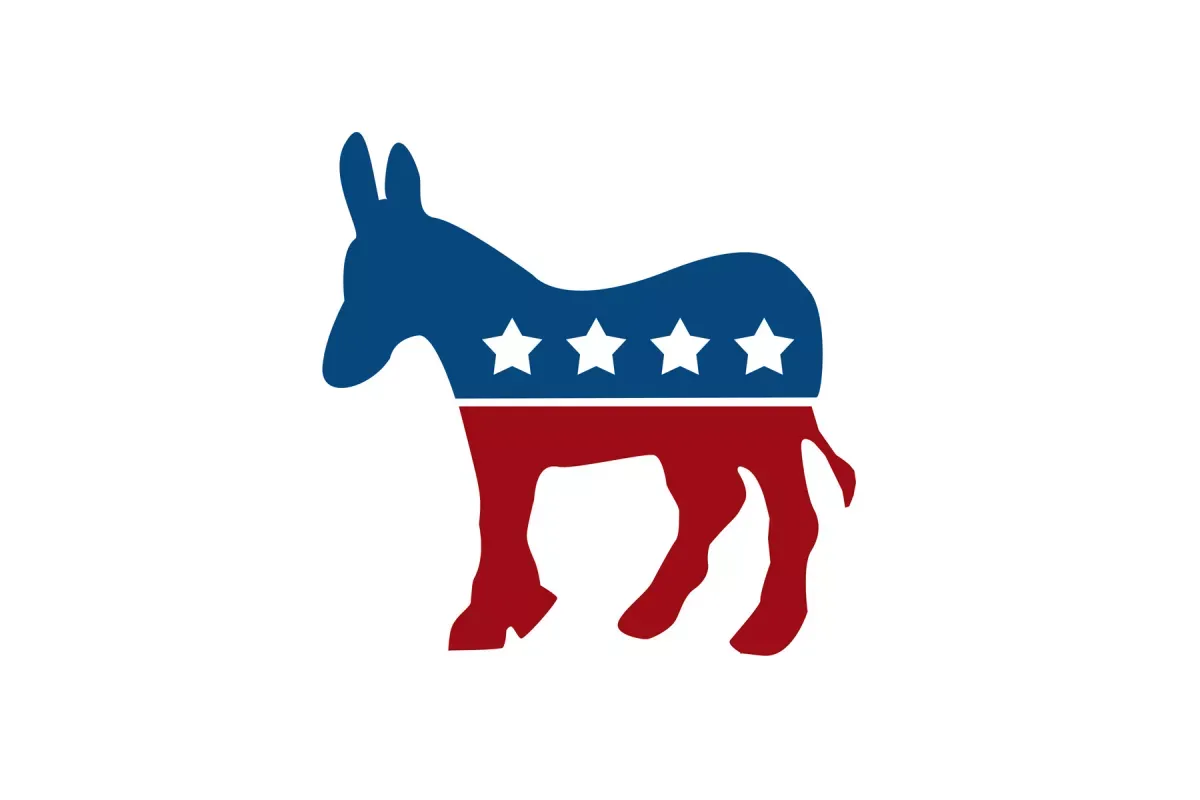Subscribe to Robert's Substack at Musings & Amusings of a B-List Writer.
By Robert McElvaine
There is no Republican Party anymore—There is no Republican Party anymore! One hears such statements often these days. Are they accurate?
It is certainly true that the party that still has the nerve to call itself “Republican” is not. It has been entirely taken over by the Trump Cult and assorted authoritarians. While these rightwing extremists love to refer to more moderate members of the party as “RINOs”—Republicans In Name Only —it is the fanatics who dominate the party who are in fact Republicans In Name Only. They support attempts to overturn the Constitutional Republic, seek to prevent people from voting, think the rule of law does not apply to a president (if he is of their party), want to hide truthful history, ban books, seek to prevent people from traveling to exercise their freedom, threaten violence, refuse to recognize the extreme danger of climate change, lie, lie, and lie. And so on.
Their announced plan for a new “Republican” administration in 2025 is open authoritarianism. They stand for nothing but making the very rich even richer, hate, division, repression, and siding with Vladimir Putin and other authoritarians around the world.
It has been clear for at least a few years that one basic difference between the parties today is this:
■ Democrats still believe in democracy.
■ Republicans no longer believe in a republic.
The latter would more accurately be called the Anti-Republican Party—and the media should take up using that name.
But there is still a Republican Party. It’s the Democratic Party. No, the current Democrats aren’t like the Republicans have been, with the exception of the Progressive Era, since the first Gilded Age of the late nineteenth century and especially the 1920s. But today’s Democrats are very much like the Republicans in the party’s early years from the mid-1850s into the 1870s.
I have made this point many times, but Heather Cox Richardson formulated the case particularly clearly and powerfully in her September 2 essay. She contrasts the “mud-sill” view of society enunciated by South Carolina Sen. James Henry Hammond, which held that a poor, largely ignorant, and docile working class—preferably enslaved—is the necessary foundation for those at the top to create “progress, civilization and refinement” with Lincoln’s view, which would become the ideology of the new Republican Party:
Lincoln believed that “[l]abor is prior to, and independent of, capital; that, in fact, capital is the fruit of labor, and
could never have existed if labor had not first existed—that labor can exist without capital, but that capital could
never have existed without labor. Hence they hold that labor is the superior—greatly the superior of capital.”
A man who had, himself, worked his way up from poverty to prominence (while Hammond had married into
money), Lincoln went on: “[T]he opponents of the ‘mud-sill’ theory insist that there is not…any such things as the
free hired laborer being fixed to that condition for life.”
Lincoln maintained that the sort of system he was advocating was one of harmony. Apart from “unproductive financiers and those who wasted their wealth on luxuries, everyone was part of the same harmonious system [Richardson’s paraphrase of Lincoln].” Both property rights and protection against excessive accumulations of wealth were central to Lincoln’s vision.
As Richardson concludes, these two views of society and economics are largely the same today:
A lot of water has gone under the bridge since Lincoln’s day, but on this Labor Day weekend, it strikes me that
the worldviews of men like Hammond and Lincoln are still fundamental to our society: Should our government
protect people of property as they exploit the majority so they can accumulate wealth and move society forward
as they wish? Or should we protect the right of ordinary Americans to build their own lives, making sure that no
one can monopolize the country’s money and resources, with the expectation that their efforts will build society
from the ground up?
Joe Biden’s vision of what America’s Soul is about is akin to Lincoln’s. Bidenomics is similar to Lincolnomics (as well, of course, to FDRonomics and LBJonomics).
And then there is this from a letter Lincoln wrote in January 1861, after his election, which the enslavers refused to accept. It speaks forcefully to us, as Lincoln might put it, eight score and two years later:
We have just carried an election on principles fairly stated to the people.
Now we are told in advance, the government shall be broken up, unless we
surrender to those we have beaten, before we take the offices. In this they are
either attempting to play upon us, or they are in dead earnest. Either way, if
we surrender, it is the end of us, and of the government. They will repeat the
experiment upon us ad libitum.
When Republicans* (if the media fail to call them Anti-Republicans, they should put an asterisk on the name or quotation marks around it since they are the opposite of republicans) make their ridiculous charge that Democrats are “socialists,” Democrats should respond:
“No, we’re Lincoln Republicans as well as Democrats.”











